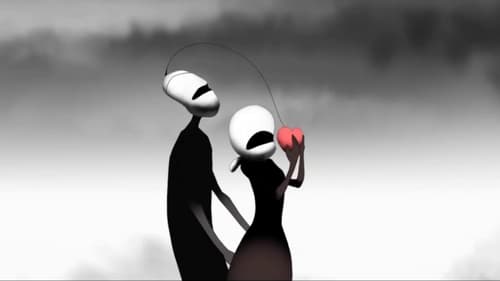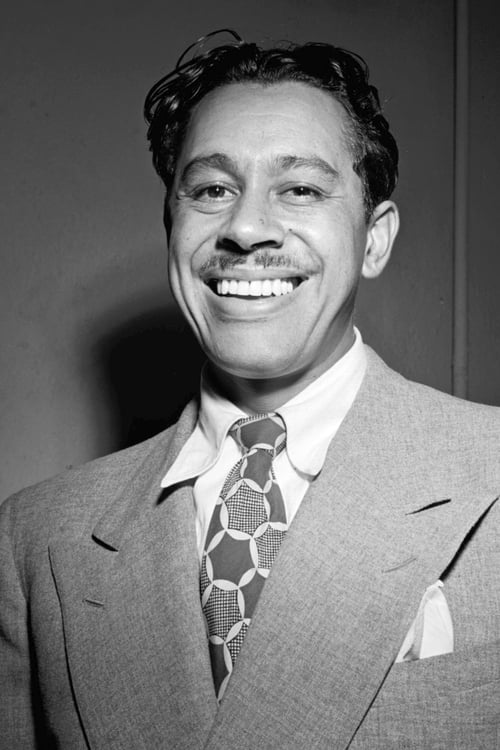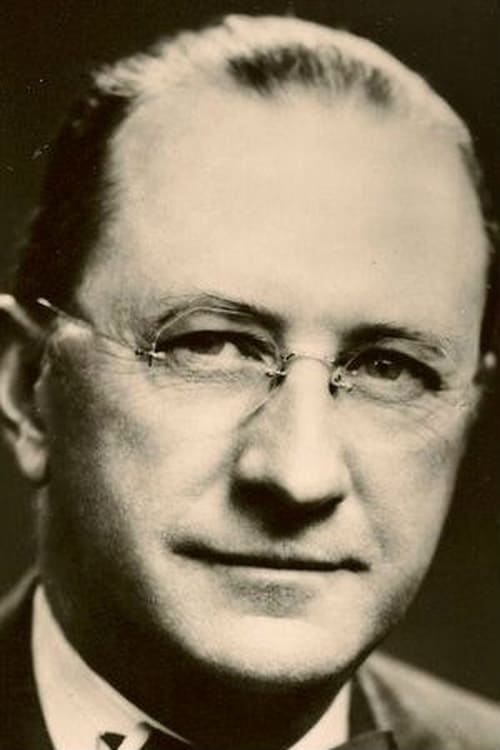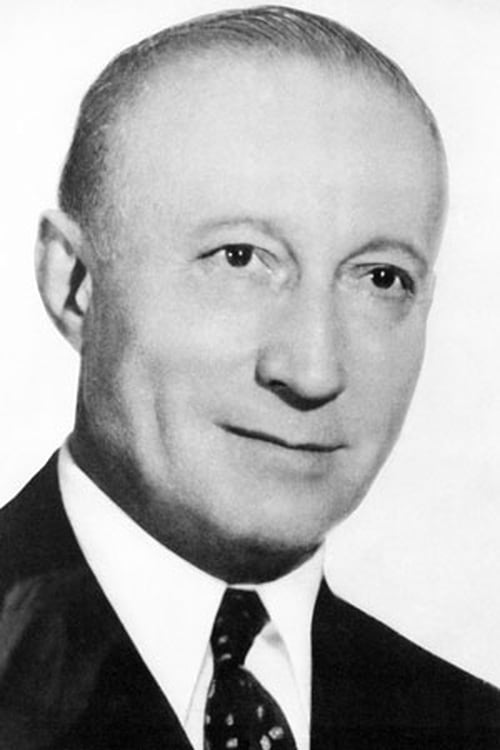Cab Calloway's Jitterbug Party (1935)
Género : Música
Tiempo de ejecución : 8M
Director : Fred Waller
Sinopsis
Cab Calloway performs at the Cotton Club before he takes his friends down to Harlem for a jitterbug party.

Vincent Vivant agrees to Stephan the spy's proposal: he is to cross the border with a mysterious suitcase.

The women's suffrage movement inspired this silent film classic that includes appearances by equal rights crusaders Emmeline Pankhurst and Harriet Stanton Blatch. As politicos work to deny women the right to vote, a young lawyer tells his activist girlfriend of the corruption within the government that actively seeks to ensure that her voice is never heard.

A lesbian in midlife crisis acts on her desire to escape the day to day routine only to find disappointment instead of that absolute bliss she hoped for.

Anna lives in her Mum's garden shed making videos with her thumbs. Her Mum wants her to come out but Anna doesn't want to.

The film, Heart questions ourselves in realizing our essence and the meaning of life. This film will captivate the viewer's attention to what we fight for and why we destroy each other.

It is sunset in a mountain landscape. An orchestra and a choir, along with a large group of adolescents who act as "living-music-stands", are filmed as they play the first part of Mahler’s 8th Symphony. The musicians gradually begin to move in a precise choreography, led by their living-music-stands. As these movements are executed, disparate groups of musicians, singers, and living-music-stands begin to disappear along with the sounds that they emit. The music progressively becomes a sound object captured in the course of its own erosion, which corresponds to the slow dissolution of the landscape’s visibility due to the setting sun. Ultimately, the music as a sound object and the landscape as a visual object become identical, all while being completely transformed in regard to the starting configuration. Thus, in TRENTO SYMPHONIA, the landscape becomes a point of convergence between contemplation, correspondence, and imagination.

On Christmas Eve, Léa and Juliette, a couple, want to rob a supermarket that Juliette knows is empty of surveillance on this festive evening. But, as much for each of them as for Eric, the vigil who is there after all, nothing will happen as planned. Besides, shortly before leaving him alone, the store manager gave Eric a gun, just in case.

Drone mounted cameras fly around capturing people in the act... of love.

The story of the great German composer, from his childhood through his great triumphs in orchestral and operatic music.

Narra la historia de Arthur Clennam, un joven amable pero al que la suerte suele dar la espalda. Cuando aún era un niño se vio forzado a salir de casa, desde el cálido cobijo de su madre pasó al frío mundo exterior.

Love You till Tuesday was a promotional film designed to showcase the talents of David Bowie, made in 1969. The film was the latest attempt by his manager, Kenneth Pitt, to bring Bowie to a wider audience. Pitt had undertaken the film after a suggestion by Gunther Schnedier, producer of German TV show '4-3-2-1 Musik Für Junge Leute' for the ZDF network.

The film is a series of comical musical numbers and skits following Phil Harris around, starting with him performing at the Cocoanut Grove nightclub, which is listened to by Dorothy on the radio whose home-brewing husband Walter hates Harris. The action then moves to the country club where Walter unknowingly encounters Harris while being aggravated by his music. Walter then pretends to be Phil to meet a woman while Harris "entertains" her friend, Dorothy.

A boy's childhood scars his life.

A proper Edwardian lady patiently endures the ever-increasing disruption to her quiet household when her Truelove gives her all the items from the song "The Twelve Days of Christmas."

Johnny YesNo – Redux reunites Cabaret Voltaire and Peter Care almost 30 years later with a completely new cast, a relocation to LA and an entirely new soundtrack remixed by Richard H. Kirk, the film has lost none of its hallucinatory power. The short goes deep into the structure of Peter Care’s original film and the Cabaret Voltaire tracks used in connection with it. What emerges is as much a juxtaposition of times and places as sights and sounds. The tale changes in the retelling, but that change now seems to be taking place on a molecular level. Richard H Kirk has reconfigured the film’s soundtrack, giving the proceedings an ominous sense of something slowly sliding into view from afar, glimpsed out of the corner of the eye.

"Trees and Jamaica Daddy" was the first of a UPA series (short-lived) that featured two different subjects (plot, characters)running about 3.5 minutes each, on a seven-minute reel. The first one here was titled "Trees", featuring a little girl named Hattie giving her version of the birds, the bees and trees. The second one on the reel was called "Jamaica Daddy", about the animated Hamilton Ham and his band, who tell all about, in music and the usual UPA animation style, Jamaica Daddy, and his family tree in calypso fashion. "Ham-and-Hattie" were not a team, and did not appear together in this cartoon.

Brazil. Historically Pernambuco state in the country’s northeast was characterised agriculturally by the sugarcane industry. Today there is a new sector in the economy: various evangelical Christian groups are on the rise. The mantra of the evangelicals, who have gained an ever-increasing influence in Brazilian society over the past years, is the attainment of improvements in one’s personal and economic situations through adherence to an extreme religious practice. In Brazil the evangelicals have established themselves as a growing political power over the past years. They control segments of the media and preach hate and intolerance towards homosexuality and other creeds. HOLY TREMOR focuses on a young generation of priests, producers and singers who hail from a rural area and make gospel music. Wagner and de Burca take into account the environment of the protagonists in order to make ethics, morality and life visible in an aesthetic agglomeration.

The great Polish opera diva Maria Foltyn created her greatest performance in Stanislaw Moniuszkos Halka, with which she toured worldwide - she was applauded by Stalin and admired by Castro. Today, when she is losing her voice, she has decided to give way to her successor. The film Viva Maria! is a tale of passion, sacrifice and devotion, and is an extraordinary story of passing down a voice.








